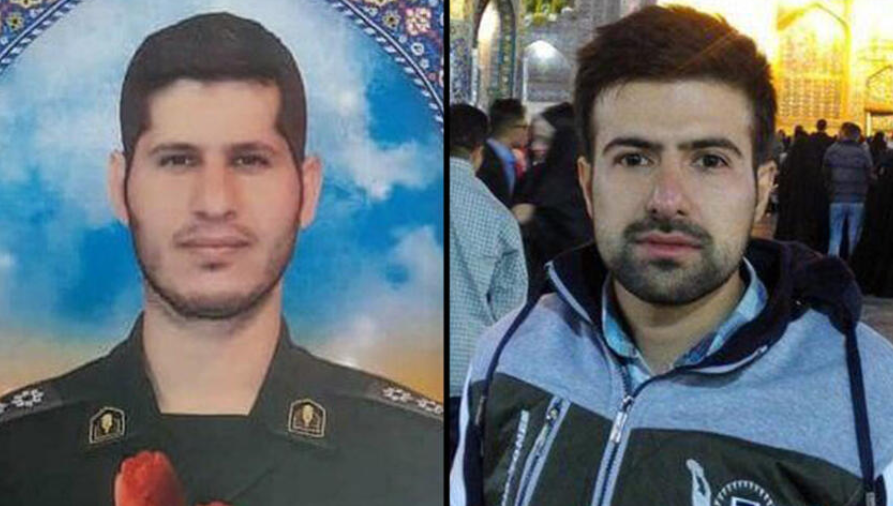Joe Biden and the JCPOA: Is a US return to the deal feasible?
Published on Friday 25 September 2020 Back to articles
Two questions are key to Iran–US relations over the next few months: Will President Donald Trump escalate conflict with Tehran in order to increase his re-election chances on 3 November? And would a Joe Biden victory pave the way for a US return to the Joint Comprehensive Plan of Action (JCPOA)?
Evidently, the answers are interdependent: deepening the confrontation may change the outcome of the US election and also the trajectory of Iran–US relations.
We are assuming there will be no November surprise and therefore focuses on potential scenarios under a Biden administration. A Biden victory is not a guarantee of effective de-escalation, which will depend on domestic politics in both capitals as well as on all aspects of bilateral and multilateral relations.
Nonetheless, it is a useful exercise to consider whether Biden could or would engineer US reinstatement into the agreement, because this could compel Tehran to avoid confrontation in the meantime.
The new administration will take effect on 20 January. It is unrealistic to currently expect much attention on foreign policy for now, but key US stakeholders know Iran will hold its own presidential election in June 2021 and that President Hassan Rohani cannot run for a third term.
They also know that dealing with the next Iranian administration could be very challenging. For that reason, analysts agree that Tehran and Washington should attempt to find common ground before Rohani leaves office. Time is of essence, and some initiatives may even have to start during the transition from one US Administration to the next.
The Tehran perspective
Many observers believe that the domestic political shift in Iran and the emergence of a hard-line Majles (parliament) will cause Iranian to withdraw from the JCPOA and possibly even from the Nuclear Non-Proliferation Treaty. Nonetheless, recent co-operation between Tehran and the International Atomic Energy Agency (IAEA) indicates that Iran remains interested in the JCPOA and would potentially engage the US in a constructive process of talks. Although Iranian leaders continue to dismiss the possibility of such negotiations, they also insist that as a first step the JCPOA has to be upheld.
Therefore, if a Biden Administration sends the right signals to Iranian stakeholders, it may be possible to use the existing JCPOA framework as the basis for a phased approach to achieving what could be a JCPOA Plus.
The most significant component for Iran is compensation for damages caused by Trump’s withdrawal from the agreement. In fact, Iran has sued the US at the International Court of Justice (ICJ) over the negative impact of US sanctions and Tehran may leverage this legal stance in order to push for monetary compensation.
Once compensation has been addressed, Iran wants to move to what is termed ‘compliance for compliance’ while correcting some of its shortcomings, including removing restrictions on Iran-related transactions in the global banking system.
The Biden perspective
The Democratic Presidential Platform for the 2020 election clearly calls for a US return to the JCPOA. It also states that Washington would not seek regime change in Iran which can be interpreted as a positive gesture towards Tehran.
The Biden camp is therefore signalling its willingness to return to the JCPOA. Evidently, paying Iran compensation would be politically impossible, but with a certain degree of creativity Iran might be enticed to move towards a compliance for compliance scenario.
A Biden Administration could argue that a US return to the JCPOA despite Iranian non-compliance is itself compensation, and then issue a number of waivers, such as allowing the main customers of Iranian crude oil and condensate to begin importing petroleum products again. The challenge on the US side is the growing number of US stakeholders who will want a Biden Administration to push for concessions in other policy areas, such as missile technology and regional policies.
Experienced diplomats in Washington know that such an approach would be a non-starter. In fact, the only way to re-engage Iran is by returning to the JCPOA in its current format and then using the JCPOA Commission meetings to discuss further steps.
Because the political climate in Washington may not be conducive to giving Tehran incentives, the Europeans will have to play a crucial role in convincing Iran of the benefits of adhering to the agreement.
The EU… analysis continues…
This excerpt is taken from Iran Strategic Focus, our monthly intelligence report on Iran. Click here to receive a free sample copy.


